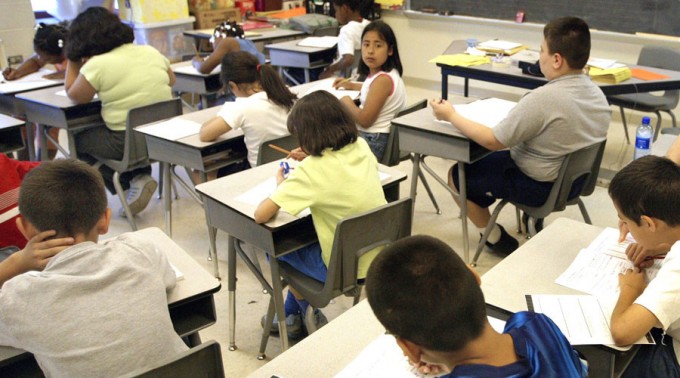Brain development in children linked to poverty, environment and nurturance
They examined brain tissue imaging which included analysis of the gray matter of the total brain, and the temporal lobe, frontal lobe, and hippocampus.
What is considered to have an impact on the development of grey matter are usually problems connected to poorer households, like parent influences, higher stress levels, improper nutrition and lack of stimulation, which are all influencing the development of the brain in a negative way.
The study revealed that poverty is no longer a mere social issue, a problem of environment and family obligations that might halt academic achievements, but a matter of an unfair biological weakness. Study from the University of Wisconsin-Madison confirmed that it could actually additional have an effect on a toddler’s cognitive performance and even future achievements.
The study observed over 400 magnetic resonance imagine (MRI) scans of a group of children coming from poor households, the researchers discovered that the regional grey matter volume in brains of this particular section of children was around 4% below the development norm of the children of their age. They further compared the results of America’s healthiest children, who come from better-income households.
Apparently, poverty can greatly affect the brain development of children. “Accounting for 20 or 25 percent of something complex like how well kids are doing in achievement tests is huge”, the researcher added.
It is perfectly understandable why a child who comes from a loving family and who does not know the awful effects that going hungry have on a person’s life, or how it feels like to not have a place to go to sleep at night, might be significantly better equipped for studying and learning.
“There is a brain difference and an achievement difference between these (poor) children and middle-class children”, Pollak said via Reuters.
“It’s not enough to bring a child into the world, feed them and make sure they don’t get injured”, said Luby, director of the Early Emotional Development Program at the Washington University School of Medicine in St. Louis. “People will often ask me, ‘What should teachers be doing?’ Or, ‘What should schools be doing?’ What this says to me is, what should we be doing about environments?” “It’s really focusing on the primary caregiver on the first five years of the child’s life”. This discrepancy doesn’t change when the children move to poorer neighborhoods.
Pollak said the interventions are low-hanging fruit, because “you just need the support and funding for it”.












